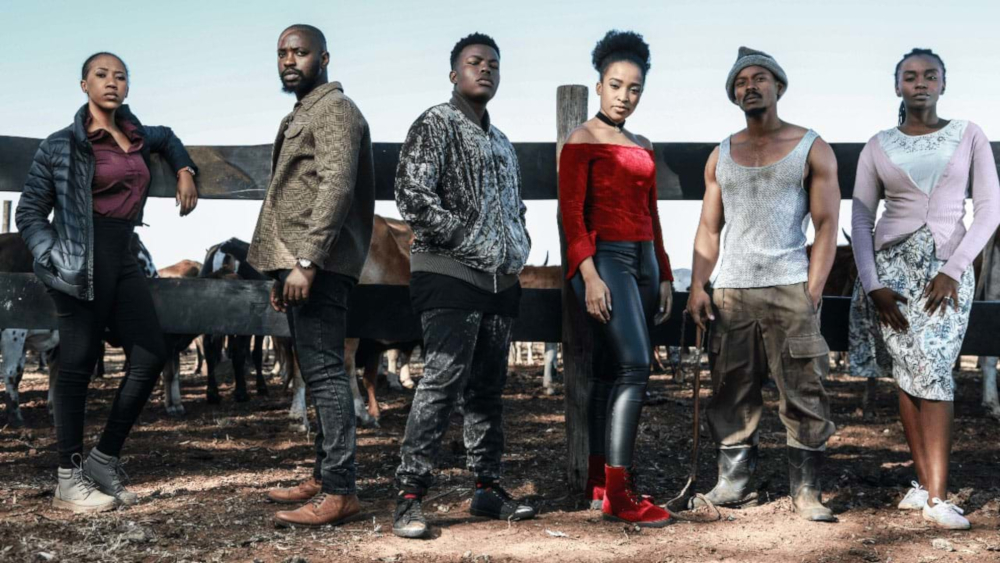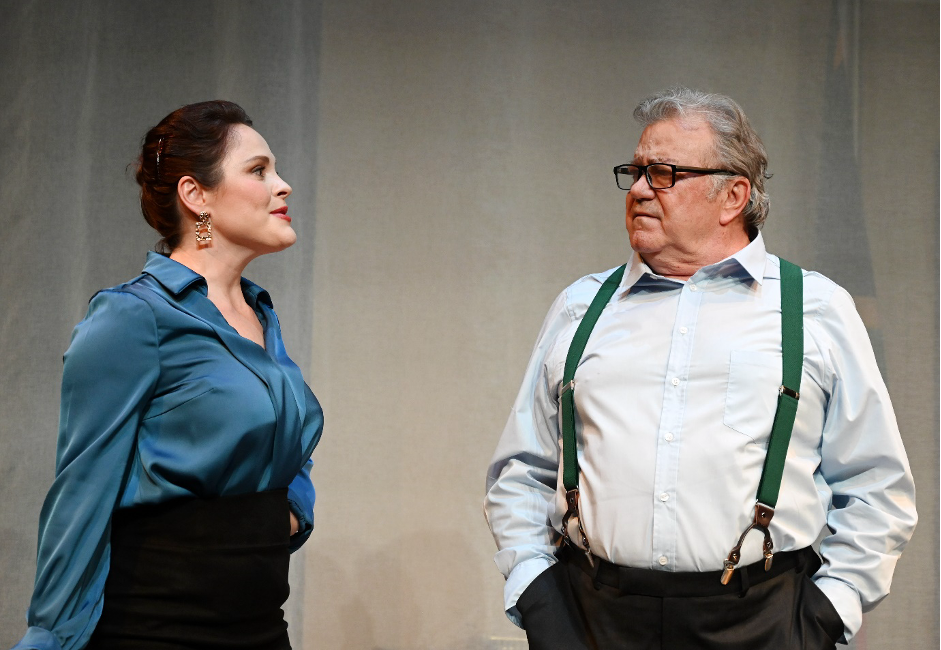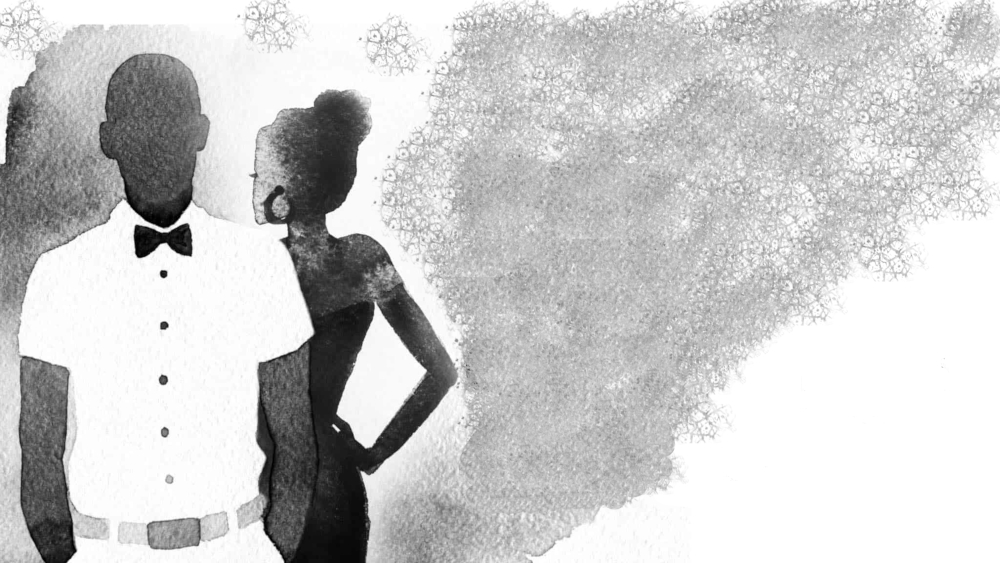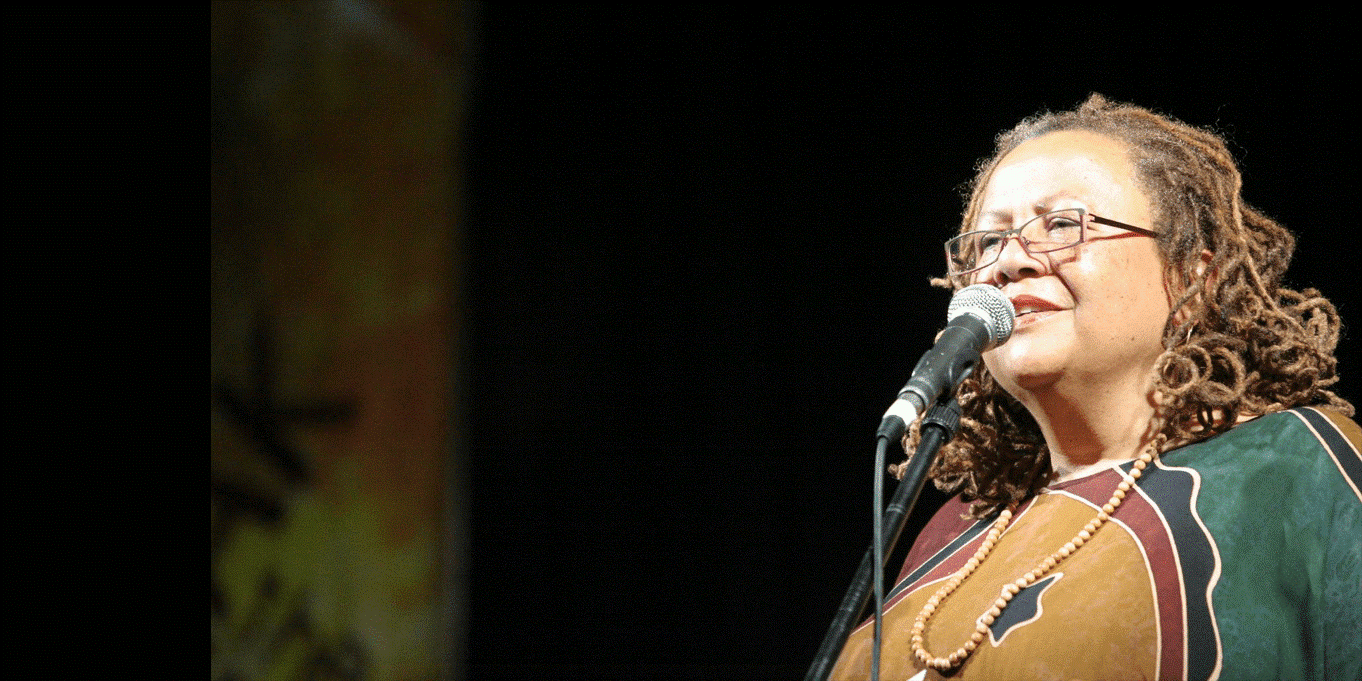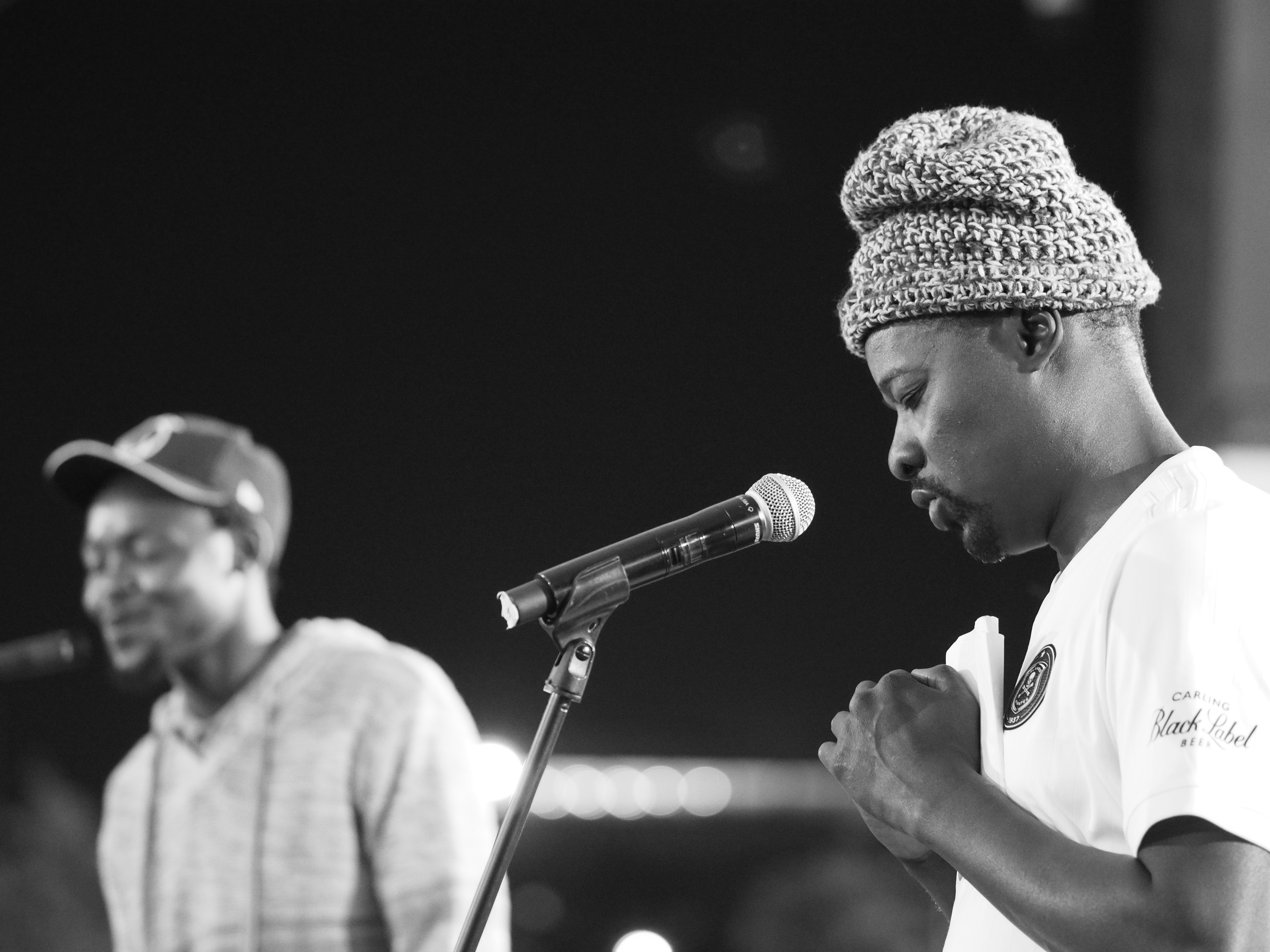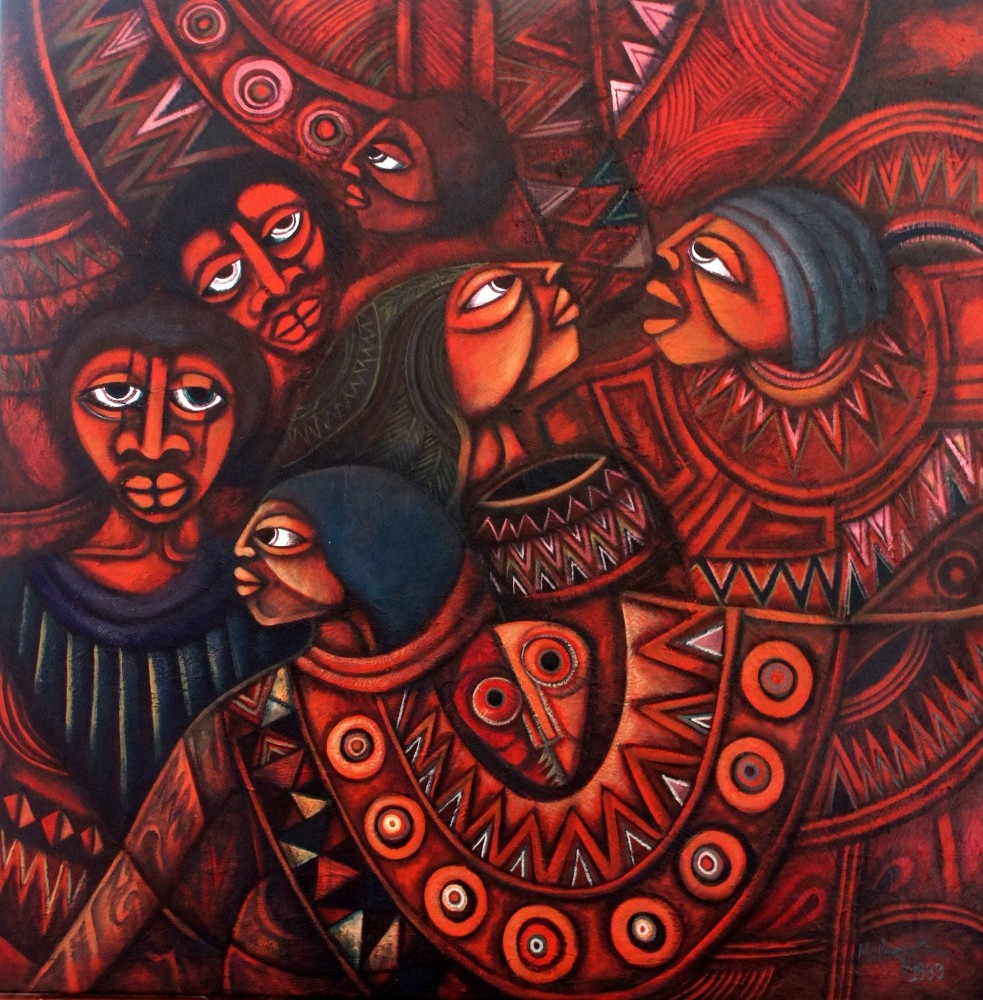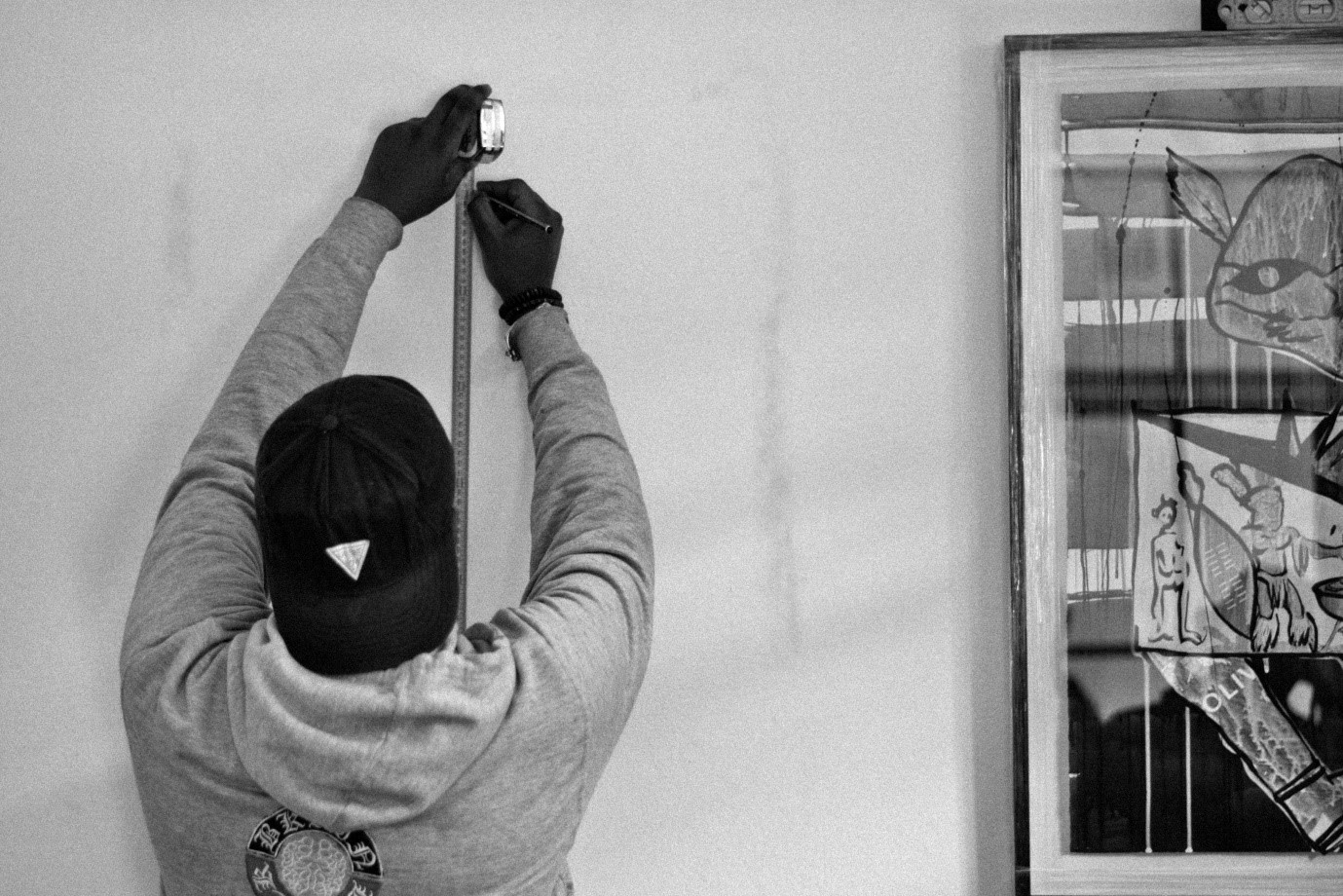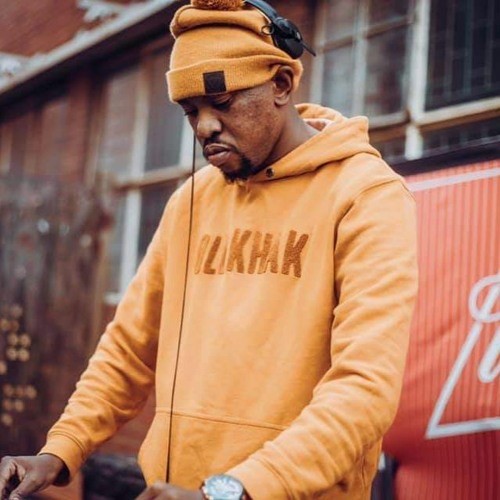For the most part, the South African dramatic arts do not have the luxury of engaging its audiences in a languid measure. Television to be more specific, has to operate at ferocious story beats in order to fend off other human distractions and remain atop audience ratings. This is not necessarily the creation of the broadcaster or capitalist agenda at large, but perhaps it is testament to a society that has endured perilously long spells of suffering, where self-determination and agency gave way to depression and other substance related interferences. During apartheid, distractions were the best way for those not engaged in the struggle for liberation to deal with a situation they could not control.
The evil regime knew this and erected beer halls en masse, unleashed “western” liquor and used television to pacify black people. Reflecting on film and video in the book, Culture In Another South Africa, Barry Feinberg writes, “in order to respond to the growing hunger in the black urban areas for TV with a greater relevance to the black communities, it has been useful, even necessary, for the regime as an insulation against black radicalism to encourage the development of a stronger element of black surrogate participation in film and TV production”.
These films were subject to the approval of the dystopian censor’s board which was created to quell rebellion. The black captive audience consumed these representations which were “overt vehicles for purveying traditionalism,” as Feinberg noted.

“These movies usually start with a well-dressed, sophisticated migrant worker with a suitcase walking through the bush. Once he arrives home he progressively readapts to tribal life (even if he is city born...) is bewitched by sorcerers and spirits, and by the end of the film, he has taken to wearing skins, feathers and beads.”
This was in the 80s. The contemporary has marked a return to the world of witchcraft with great success after the mid-90s was concerned with the new black, the successful ad agency family living in the suburbs with Zulu speaking whites devoid of racial tensions.
Mzansi Magic’s The Herd, marks a return to the overt in “peace” time South Africa. A black country that openly expresses its desire for its land back. After 25 years, it uses the fictional motif to decry a country no longer at ease. It follows on a dream deferred as was the case in neighbouring Zimbabwe where the late revolutionary president, Robert Mugabe initially instituted a government of national unity that included his adversaries. A move followed by Nelson Mandela which ultimately bore no fruit for the black majority as The Herd attests in a myriad of nuanced ways.
“While the story is around a young woman, the backdrop of a very diverse and politically charged country is essential to the narrative,” says Thabang Moleya, executive producer and director of the show.
“In many ways the production strives to suggest that our time has come as a people. We want to evoke change with our storyline and take it further than what people see on TV.”
There’s a scene in season one between a father and a daughter. The daughter, western educated wants to abandon the lay of the land, her legacy, in order to serve a band of crooks, aptly named WM Capital in Sandton. The scene, which surely ranks amongst the most poignant in South African television history alongside the “monkey dance” scene from When We Were Black, was shared widely on social media providing added impetus on the land question as per Moleya’s assertion regarding the power of television and its ability to transcend the screen.
“How many black people have the amount of land and cattle we have,” the father asks his daughter?
“I only know of us,” the daughter replies.
“We’re blessed,” he says.
“We are living a black man’s dream. There aren’t many black people who own land. You should see the importance of this gift. We have an opportunity to pass on our wealth to the next generation. Samkelisiwe has given us an opportunity to be like the Oppenheimers instead of working for them.
“And now you are deciding to spend the rest of your life in a white man’s office and help make them a profit. Help build their legacy and they’ll be more powerful than you. In return you get a lousy pension fund…”
And so it goes. A lot more happens in The Herd which has just concluded its second season. The show continues to touch on themes consistent with the times despite the seemingly limited time a 13-episode series offers. Without the luxury of time dedicated to character development and arch, the story remains compelling at a pace that keeps the audience thoroughly engaged. The combination of the surreal with the real gives the show its edge.
The Herd illustrates the importance of the medium in terms of freedom of expression and certainly echoes political theorist, Vladimir Lenin’s sentiment “that of all the arts the most important for us is the cinema”.
*You can watch both seasons of The Herd on showmax

